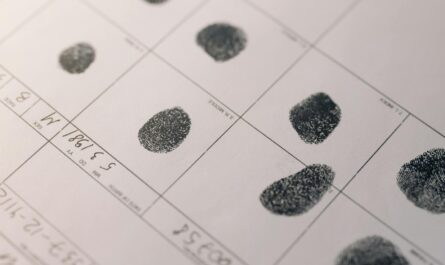Building good credit is crucial for your financial future. It impacts everything from getting a loan to renting an apartment. But for beginners, it can seem daunting. This guide breaks down the process step-by-step, making it easier to understand and manage.
Understanding Your Credit Score
Your credit score is a three-digit number that lenders use to assess your creditworthiness. A higher score means you’re considered a lower risk, resulting in better interest rates and loan terms. Factors that determine your score include payment history, amounts owed, length of credit history, new credit, and credit mix. Learning more about your credit report is a great first step. 
Getting Your First Credit Card
One of the most effective ways to start building credit is by obtaining a secured credit card. These cards require a security deposit, which acts as collateral. Responsible use of a secured card demonstrates your ability to manage credit, gradually improving your score. Make sure to pay your bill on time and keep your credit utilization low (learn more about credit utilization). 
Paying Bills On Time
Your payment history is the most significant factor influencing your credit score. Always pay your bills on time, every time. Setting up automatic payments can help avoid late payments. Even small, recurring bills like your phone or utility bills can positively impact your credit. Missing payments can severely damage your credit, so consistency is key.
Becoming an Authorized User
If you have a trusted friend or family member with excellent credit, ask if you could become an authorized user on their credit card. Their positive payment history can be reflected on your credit report, helping you build credit faster. However, make sure they are responsible with their card usage and you understand the implications. Responsible credit card use is essential in credit building. [IMAGE_3_HERE]
Diversifying Your Credit
Over time, aim to build a diverse mix of credit accounts. This could include a credit card, a personal loan, and even installment loans like those for furniture. A healthy mix shows lenders that you can manage various types of credit responsibly. Don’t rush into opening multiple accounts at once; focus on managing what you already have.
Monitor Your Credit Regularly
Regularly checking your credit report for errors or unusual activity is vital. You can get a free credit report from each of the three major credit bureaus annually. AnnualCreditReport.com is the official website to obtain your free reports. Early detection of problems can help you address them promptly and protect your credit health. [IMAGE_4_HERE]
Building good credit takes time and effort, but it’s a worthwhile investment in your financial future. By following these steps and practicing responsible credit management, you’ll be well on your way to establishing a strong credit history and enjoying the benefits it provides. Explore additional resources for credit building.
Frequently Asked Questions
What is a good credit score? Generally, a credit score above 700 is considered good. However, the specific requirements can vary based on the lender.
How long does it take to build credit? It typically takes several months to a few years to establish a substantial credit history. Consistency is key.
What happens if I miss a payment? Missing a payment can negatively impact your credit score. It’s crucial to pay your bills on time to maintain a healthy credit profile.
Can I build credit without a credit card? While credit cards are a common method, other options exist, such as becoming an authorized user or taking out a small loan.
What if I have errors on my credit report? Dispute any inaccurate information on your credit report immediately with the respective credit bureau.



